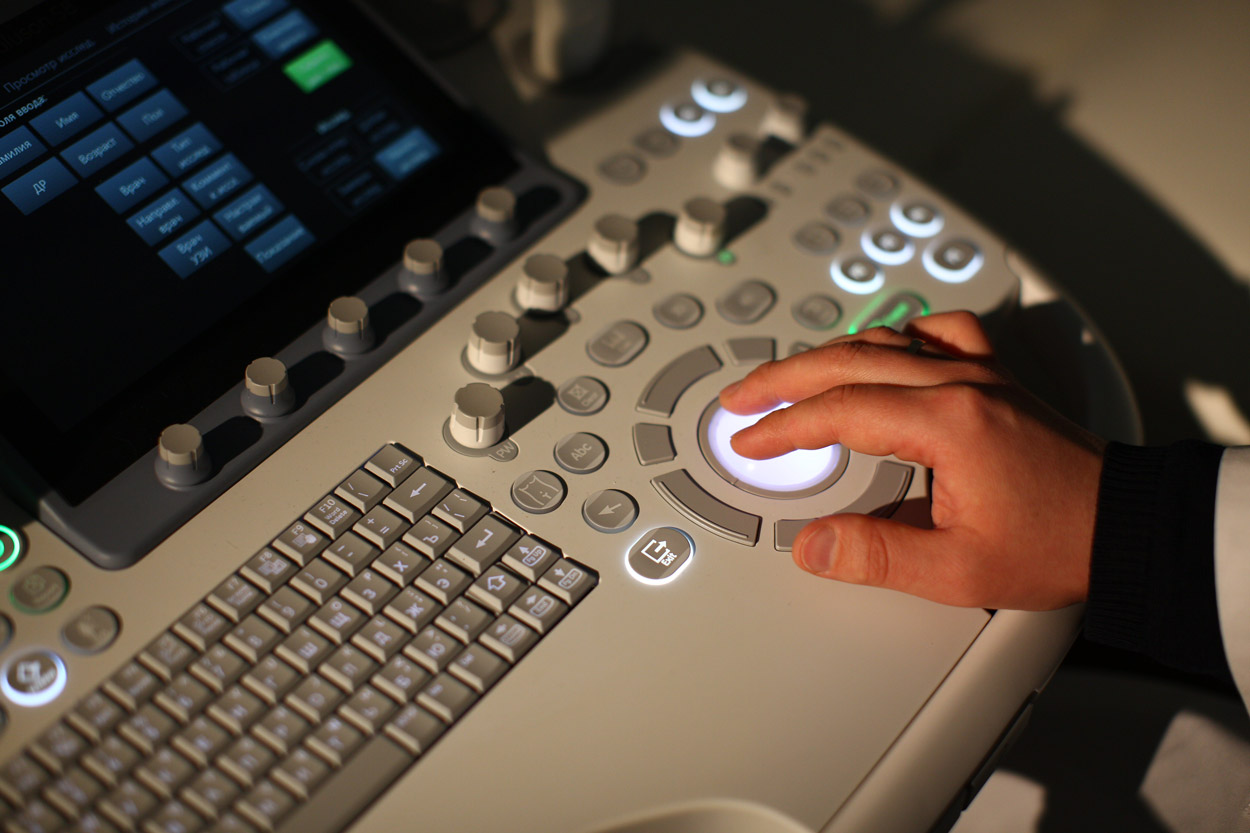Artificial intelligence (AI) is revolutionizing many industries — and healthcare is no exception. From intelligent chatbots in medical practices to AI-based diagnostics in hospitals: The technology is changing how doctors and patients interact with each other and deliver medical services.
But with progress comes questions: Is AI safe in medicine? Can it replace doctors? How does it actually work?
In this blog post, we answer 10 of the most common questions about artificial intelligence in medicine — in a comprehensible and concise way.
1. What is AI in medicine anyway?
Artificial intelligence (AI) refers to technologies that can imitate human-like thought processes through automated data analysis and machine learning.
In medicine, AI is used, for example, for:
✔ Automated diagnoses (e.g. through image analysis in radiology)
✔ Chatbots for patient communication (e.g. for booking appointments or questions about symptoms)
✔ Personalized medicine (e.g. AI-based treatment recommendations)
2. Can AI replace doctors?
No — and that won't happen in the future either. AI is an assistive tool that supports doctors and healthcare professionals, but does not replace them.
✅ What AI is good at:
• Automate routine tasks
• Analyze data & recognize patterns
• Relieve doctors so they have more time for patients
❌ What AI can't do:
• Make clinical decisions alone
• Replace empathy and patient communication
• Evaluate complex clinical patterns individually
3. How can AI be used in a doctor's office?
AI helps medical practices primarily with administration & patient communication, for example by:
✔ AI-supported appointment booking (chatbot answers inquiries & automatically assigns appointments)
✔ Automatic recipe requests & referrals
✔ 24/7 patient care through chatbots for common questions
📌 Example:
At night, a patient uses a chatbot to ask about opening hours or whether their prescription is ready. Instead of disrupting the practice team, the AI assistant immediately provides an answer.
4. Is AI in medicine GDPR-compliant?
Yes, but only when used correctly. Patient data is highly sensitive, which is why strict data protection rules apply.
✔ Use GDPR-compliant AI solutions (data processing only with consent)
✔ Encrypted communication & secure EU servers
✔ AI must not store sensitive health data without the patient's consent
🔎 Tip: If a practice uses an AI chatbot, it should educate its patients about data protection and data processing before using it.
5. Can AI chatbots make medical diagnoses?
No AI can analyze symptoms and provide initial clues, but cannot make a final diagnosis.
💡 Proper use:
✅ AI chatbots can provide general health information (e.g. “When should you see a doctor? “)
✅ AI can help with triage systems (e.g. “Do I need emergency treatment or is an appointment with a family doctor enough? “)
❌ Not allowed:
✖ AI must not make diagnoses or prescribe treatments.
✖ AI must not analyze individual health records without approval.
6. Is AI in medicine prone to errors?
Yes, just like any technology. AI systems learn from data, and if this data is incorrect or incomplete, the system can make incorrect assessments.
📌 Example:
An AI-supported skin cancer detection system was trained in the USA using images of light-skinned patients. For dark skin, the detection rate was therefore significantly worse.
🔎 Solution: AI models must be constantly reviewed, improved and trained with diverse data.
7. Can a practice simply integrate AI tools itself?
Yes, many providers offer plug-and-play solutions that can be used without technical knowledge.
📌 Easy AI integrations for practices:
✔ AI chatbots for patient communication
✔ Automated appointment booking systems
✔ Voice-controlled documentation for doctors
Many of these tools can be integrated into existing practice software — without much IT knowledge.
8. Will doctors and patients accept AI?
Studies show that acceptance of AI in medicine is growing, but there are differences:
✔ Doctors are open to AI when it makes their job easier and safe.
✔ Patients are more skeptical when it comes to diagnoses but accept AI for organizational tasks.
📌 Solution:
• Doctors and practice teams should be trained how to best use AI tools.
• Patients should be made aware that AI supports them but does not replace the doctor.
9. What are the benefits of AI for patients?
• Faster answers to health questions (e.g. through chatbots)
• Easier appointment booking & practice management
• Better diagnoses through data-based analyses
💡 An example:
A patient can have their doctor's letter translated into simple language by AI to better understand the diagnosis.
10. What does the future of AI in medicine look like?
AI will continue to evolve and become even more intelligent, but always as a support for doctors, not as a substitute.
🚀 Trends for the next few years:
✔ Personalized Medicine — AI helps develop individually tailored therapies.
✔ Virtual assistants for patients — AI could better guide patients through treatments.
✔ Better diagnostics through AI image analysis — radiology, dermatology and pathology benefit enormously from AI.
Conclusion: AI will not replace healthcare, but it will revolutionize it — if used correctly.
Would you like to test AI in your practice?
Amplinome offers intelligent, GDPR-compliant AI chatbots specifically for medical practices.
➡ Request a free demo now: www.amplinome.com


